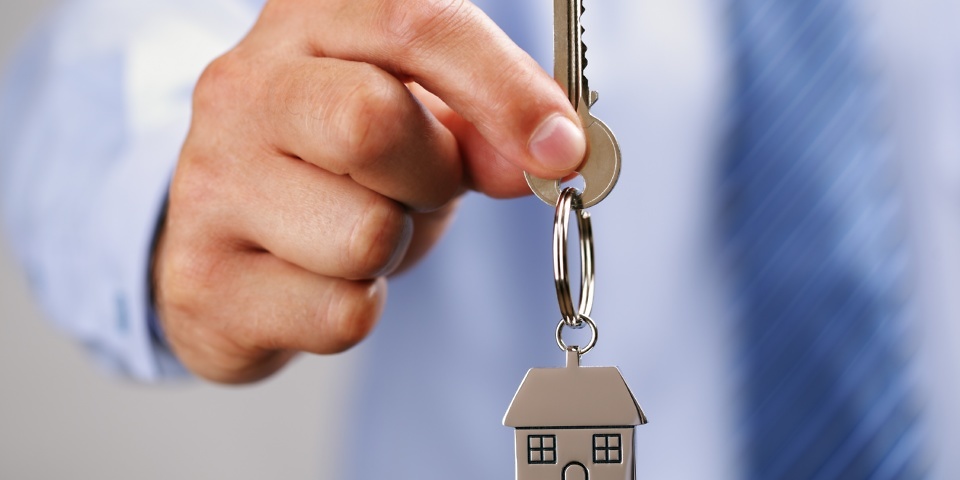
With the united kingdom population living longer than ever, the methods in which you invest for retirement might have life-changing consequences.
Property has long been seen as an sound investment. But with house prices stagnating and an increasingly punitive buy-to-let landscape, will it still beat a pension for long-term growth?
Here, we explore the advantages and disadvantages of both pension and property investment that will help you decide what’s good for you.
Investing in buy-to-let property
Property values have skyrocketed in recent decades, prompting many investors to build expansive property portfolios now worth thousands and thousands, or even millions, of pounds.
But is purchasing property still a good bet? Headlines recently warned that the bubble has burst in some regions – for example, the most recent LSL Acadata house price index, released on Monday, showed a couple.5% year-on-year drop for London house prices.
Other areas, however, are continuing to see growth, with Wales experiencing annual house price growth of 4.8% around to May.
It’s not unusual for that market to experience blips as supply, demand and also the mortgage-lending landscape adjust themselves. Because of this, it’s important to see property like a long-term investment.
Is buy-to-let losing its appeal?
There happen to be a raft of changes for buy-to-let landlords in recent months, arguably making property investment less attractive than it was previously.
Mortgage interest tax relief has dropped to 50% and will be cut to zero in 2022, with landlords instead given a 20% tax credit on their own mortgage interest; mortgage-lending criteria are tightening; some councils have introduced mandatory landlord licensing; and buy-to-let properties now need a minimum EPC rating of E.
Investors have also had to pay an additional 3% in buy-to-let stamp duty since 2022, and higher and additional-rate taxpayers are charged 28% in capital gains tax on property, compared with 20% on other assets.
Landlord responsibilities may also be time consuming. Even though you make use of a managing agent, you’ll need to factor in the possibility of problem tenants, periods when the property is empty, running costs, insurance and property maintenance.
Despite these challenges, property investment can be profitable in the right circumstances. Actually, recent research predicted that someone investing in a buy-to-let property now stands to create a typical lb265,000 in capital gains and rental income over a 25-year period.
Nutshell summary: benefits and drawbacks of property investment
Pros
Cons
David Blake, principal adviser at Which? Mortgage Advisers, says: 'Over the years, property has generally been an audio investment for most of us.
‘That said, we're now entering a time of economic uncertainty with no definitive timescale. Property should generally be treated of as a longer-term investment and, like any investment, there are no guarantees of the return.'
Should the thing is your own house as the ‘pension’?
Some people not purchase a pension, instead stating that ‘their property is the pension’. But treating your home as your retirement gravy train could be problematic – in the end, you’ll always need somewhere to live.
The most apparent plan of action should you don’t possess a large pension but have developed significant equity in your house (or paid off your mortgage entirely) would be to downsize upon retiring.
However, if you’ve lived within the same house for a long time it may be a psychological wrench to depart, and many people are surprised at how difficult they find it adjusting to life in a smaller property.
Moving house also carries significant costs – not least stamp duty, which can encounter a lot of money.
Equity release – where you borrow money against your home while living in it – is your other option for those who have a house but only a small pension.
This is definitely an expensive option, though, and can usually create a significant dent in your descendants’ inheritance, so seek independent financial advice before releasing cash in by doing this.
Investing in a pension
The 2022 pension freedoms imply that pensioners now have much greater flexibility. Money could be accessed in the age of 55 and you may choose the way you go – all-in-one lump sum, buying an annuity, leaving it invested in the stock market and ‘drawing down’ income when you want it, or a combination of the three.
You still get tax relief on any contributions you are making for your pension pot, and therefore a basic-rate taxpayer only puts in 80p for each lb1 which goes into their pension, with the government contributing the difference. Higher-rate payers only have to cover 60p per lb1, as well as for additional-rate payers it’s 55p.
Under auto-enrolment, your employer must also contribute 2%, increasing to 3% from April 2022 – and some employers are much more generous than this.
Will my money grow?
Last year, 95% of pension and drawdown funds saw positive growth, based on Moneyfacts.
The comparison site also says that the typical pension fund is continuing to grow each year since auto-enrolment was introduced in 2012, with four of these six years seeing double-digit growth. Which means that, currently, pensions are enjoying stronger growth than house prices.
However, only 20% of non-retired people believe a pension will deliver maximum returns, in contrast to 49% for property, based on the ONS.
Pension protection
The recent collapse of firms including construction giant Carilion and department chain BHS – and the resultant hit on their pension funds – has led lots of people to wonder if their pension is as safe as they thought.
Fortunately, pensions are protected. However, in case your employer goes bust before you decide to retire and you've got your final salary pension, you might lose 10% of the pot.
Nutshell summary: benefits and drawbacks of pensions
Pros
Cons
So what in the event you do?
The question of methods better to invest your hard earned money in order to secure an appropriate retirement is complex, and certainly one which you should seek independent advice. Neither property nor pensions provide a guaranteed account balance, and both options carry risks as well as potential rewards.
No matter just how much you’re able to put aside, the uncertain economic outlook and current wobbly markets imply that the old adage ‘don’t put all your eggs in a single basket’ has not been appropriate.
Owning property included in a more diverse investment portfolio will probably be a savvy move – and if you have treatments for the ways in which your pension is invested, you could also choose to purchase property by doing this. If that’s not an option, you could explore property crowdfunding or peer-to-peer lending.
But, as pensions are also performing well for growth right now and are so tax-efficient, it might be wise to spread your money and be sure you’re investing in by doing this, too.








